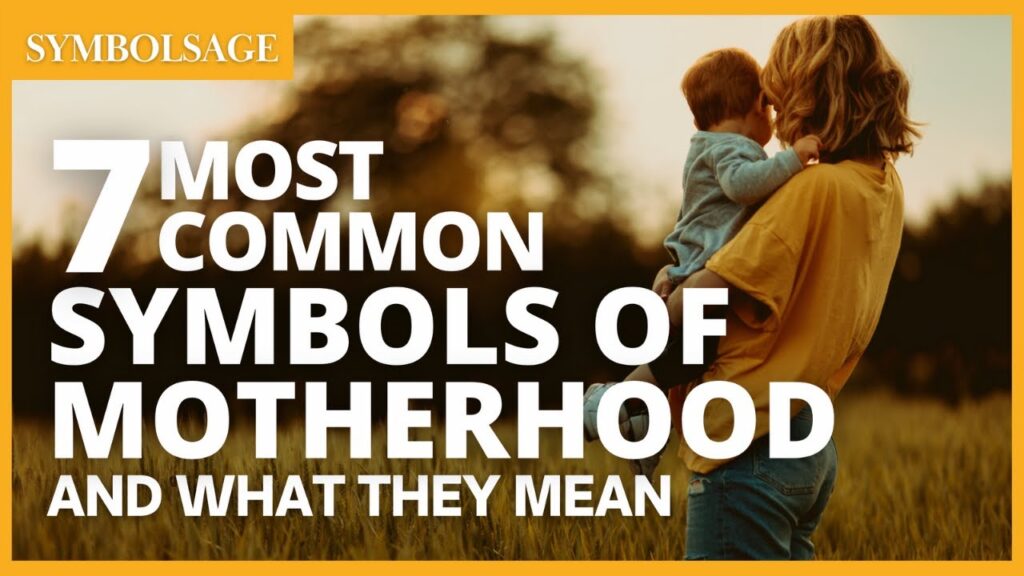
What is the Meaning of Motherhood? Exploring Roles, Responsibilities, and Societal Impact
Motherhood is a concept laden with societal expectations, personal aspirations, and profound responsibilities. But what is the meaning of motherhood in the 21st century? It’s a question that transcends simple definitions, encompassing biological, social, and emotional dimensions. This article aims to delve into the multifaceted nature of motherhood, exploring its evolving roles, the challenges and rewards it presents, and its significant impact on individuals and society as a whole.
Defining Motherhood: More Than Just Biology
Traditionally, motherhood has been defined primarily by the biological act of giving birth. However, this definition is increasingly inadequate. Motherhood extends far beyond genetics. It includes adoptive mothers, foster mothers, stepmothers, and those who nurture and care for children in significant ways. The core of motherhood lies in the act of nurturing, guiding, and supporting a child’s growth and development, regardless of biological ties. It’s about providing a safe and loving environment where a child can thrive.
The Evolving Roles of Mothers
The roles of mothers have undergone significant transformations over time. In many societies, mothers were traditionally seen as homemakers, primarily responsible for childcare and domestic duties. However, with increasing opportunities for women in education and the workforce, the role of mothers has become more complex and multifaceted. Today, many mothers balance careers, family responsibilities, and personal aspirations. This requires juggling multiple roles and navigating the challenges of work-life balance. The modern meaning of motherhood is constantly being redefined.
The Responsibilities of Motherhood
Motherhood comes with a multitude of responsibilities, both tangible and intangible. These include:
- Physical Care: Providing for a child’s basic needs, such as food, shelter, clothing, and healthcare.
- Emotional Support: Offering love, comfort, and encouragement to help a child develop a strong sense of self-worth and emotional well-being.
- Education and Guidance: Teaching children important life skills, values, and principles, and supporting their educational pursuits.
- Discipline and Boundaries: Setting appropriate limits and expectations to help children learn self-control and respect for others.
- Advocacy: Protecting a child’s rights and interests, and advocating for their needs in various settings, such as schools and healthcare facilities.
These responsibilities are not static but evolve as children grow and develop. The meaning of motherhood adapts to the changing needs of the child.
The Challenges and Rewards of Motherhood
Motherhood is a journey filled with both immense joy and significant challenges. Some of the common challenges include:
- Sleep Deprivation: Caring for a newborn or young child often involves sleepless nights and disrupted sleep patterns.
- Financial Strain: Raising children can be expensive, requiring significant financial resources for food, clothing, education, and healthcare.
- Emotional Exhaustion: The constant demands of childcare can lead to emotional exhaustion and burnout.
- Loss of Identity: Some mothers may struggle with a sense of loss of identity as they prioritize their children’s needs over their own.
- Societal Pressures: Mothers often face societal pressures and expectations about how they should raise their children.
Despite these challenges, motherhood also offers profound rewards, such as:
- Unconditional Love: The deep and unconditional love that mothers feel for their children is one of the most powerful and fulfilling emotions.
- Personal Growth: Motherhood can lead to significant personal growth, as mothers learn new skills, develop greater empathy, and gain a deeper understanding of themselves and the world around them.
- Sense of Purpose: Raising children can provide a strong sense of purpose and meaning in life.
- Joy and Fulfillment: Witnessing a child’s growth and development, and sharing in their joys and successes, can bring immense joy and fulfillment.
- Legacy: Mothers play a crucial role in shaping the future generation and leaving a positive legacy for their children and grandchildren.
The Impact of Motherhood on Individuals and Society
Motherhood has a profound impact on individuals and society as a whole. Mothers play a critical role in shaping children’s development, influencing their values, beliefs, and behaviors. They are often the primary caregivers and educators, instilling in children a sense of responsibility, compassion, and respect for others. Effective motherhood is essential for raising well-adjusted and contributing members of society.
Furthermore, motherhood has a significant impact on women’s lives, affecting their careers, relationships, and overall well-being. While motherhood can bring immense joy and fulfillment, it can also present challenges and sacrifices. Society needs to provide adequate support and resources to help mothers thrive and balance their various roles. This includes access to affordable childcare, paid parental leave, and flexible work arrangements.
Challenging Traditional Notions of Motherhood
Traditional notions of motherhood often emphasize selflessness, sacrifice, and the idea that a mother’s primary role is to prioritize her children’s needs above her own. While these qualities are undoubtedly important, it is also crucial to challenge the notion that mothers must sacrifice their own well-being and aspirations for the sake of their children. The meaning of motherhood should not equate to the erasure of a woman’s own identity and goals.
Self-care is essential for mothers. Taking time for themselves to pursue their interests, maintain their health, and nurture their relationships is not selfish but necessary for their overall well-being and their ability to care for their children effectively. A happy and healthy mother is better equipped to provide a loving and supportive environment for her children.
The Importance of Support Systems for Mothers
Motherhood can be an isolating experience, particularly for new mothers or those who lack adequate support. Strong support systems are crucial for helping mothers navigate the challenges of raising children and maintaining their own well-being. These support systems can include:
- Partners: Sharing childcare responsibilities and providing emotional support.
- Family Members: Offering practical assistance, such as babysitting or running errands.
- Friends: Providing emotional support and a sense of community.
- Support Groups: Connecting with other mothers who understand the challenges and rewards of motherhood.
- Professional Resources: Seeking guidance from therapists, counselors, or parenting experts.
Societal support, such as access to affordable childcare and healthcare, is also essential for helping mothers thrive. The societal meaning of motherhood should include providing the resources and support needed for mothers to succeed.
Motherhood in Different Cultures
The meaning of motherhood varies significantly across different cultures. In some cultures, mothers are highly revered and respected, while in others, they may face discrimination and limited opportunities. Cultural norms and expectations can significantly influence the roles and responsibilities of mothers, as well as the support they receive from their families and communities.
For example, in some collectivist cultures, mothers are expected to prioritize the needs of their families above their own, while in more individualistic cultures, mothers may have greater autonomy and freedom to pursue their own goals. Understanding these cultural differences is essential for promoting respect and understanding for mothers from diverse backgrounds.
Conclusion: The Enduring Significance of Motherhood
In conclusion, what is the meaning of motherhood? It is a complex and multifaceted concept that encompasses biological, social, and emotional dimensions. It is a journey filled with both immense joy and significant challenges. Mothers play a crucial role in shaping children’s development and contributing to the well-being of society. While the roles and responsibilities of mothers have evolved over time, the enduring significance of motherhood remains undeniable. By challenging traditional notions of motherhood, providing adequate support systems, and celebrating the diversity of motherhood across cultures, we can create a society that values and supports mothers in all their roles. The true meaning of motherhood is a continuous evolution, shaped by personal experiences and societal changes, always rooted in love, care, and dedication.
[See also: The Impact of Working Mothers on Child Development]
[See also: Balancing Career and Motherhood: Strategies for Success]
[See also: The Role of Fathers in Child Rearing]

